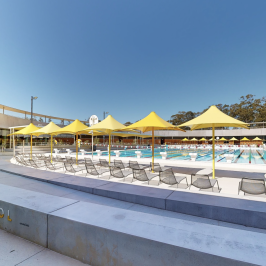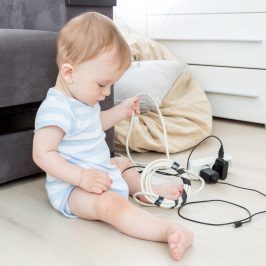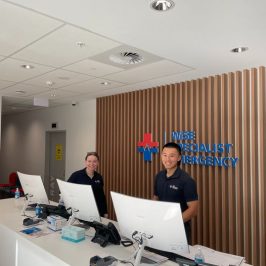The body is such an incredible thing; it changes, adapts and rebuilds itself from the time of pregnancy to post-birth. As amazing as it is, the pregnancy journey can be tough on the body, often leaving mums in pain, frustrated or with post-pregnancy issues that affect them on a daily basis.
Between caring for the needs of a little one (or two, or three!) all day and night, many women struggle to find the time for self-care; but being a busy mum shouldn’t mean learning to live with post-baby body pain or dysfunction.
Below is a list of three common post-pregnancy issues that you can get help with:
Back Pain
Postnatal back pain is common, but not normal. With stretching and loosening of the pelvic joints and muscles during pregnancy the lower back is left susceptible to injury. Pair that with the added daily stress of caring for children, lifting, bending and carrying, which all adds to the pressure placed on the spine, pelvis and pelvic floor muscles.
Living with back pain, hoping it will go away by itself, will lead to more strain on your joints,
compensatory movement patterns (where another part of the body compensates for an injury or weakness, which then causes other issues), and increased risk of long term back problems. Getting assessed by a physiotherapist who will be able to locate the source of the pain, identify weak muscles, and address the underlying compensations you have developed can help with your post-pregnancy back pain.
To avoid aggravating your back pain try adding a small pillow behind your waist to support your lower back whilst sitting and breastfeeding, keep your back straight and bend your knees when lifting your baby or children, and ensure you change your baby on a raised surface to keep your back straight.

Abdominal Separation
Abdominal separation occurs when the connective tissue holding the two muscles running down the sides of your stomach is stretched. Normally this connective tissue repairs itself 6-8 weeks after birth, depending on the degree of separation. Recent postnatal research on separation shows that the deeper abdominal muscles play a crucial role in regaining your core strength and reducing the separation. Physiotherapy or Pilates exercises can help address abdominal separation by strengthening these deeper core muscles.

Leaky Bladder (Urinary Incontinence)
According to the Continence Foundation of Australia, 1 in 3 Australian women who have had a baby will suffer badly with urinary incontinence. The pelvic floor muscles play a vital role in your pelvic and core stability. These muscles sit between your pubic bone and your tailbone and are important in controlling your bladder and bowel, particularly during sneezing, coughing or lifting. These muscles need to be strong enough to contract and hold additional pressure during these activities – particularly after birth.
Like any muscle, if they are weak or not functioning, they will likely get tired and not be able to work under stress (e.g. sneezing). As the pelvic floor is the base of your core muscles, these muscles need to be rebuilt and trained consistently to function effectively. In addition to pelvic floor exercises which can be done at home, professionally-run Pilates classes, which work on engaging the pelvic and abdominal muscles are a great way to help with fixing leaky bladder issues.

AMS Physiotherapy in Parramatta has a structured Postnatal Physiotherapy and Exercise Physiology program that includes hands-on treatment for back and pelvic pain relief, as well as one on one and group Pilates classes to regain your core and pelvic floor strength.
Mention the code “RDM20” to receive 20% off your initial physiotherapy consultation or your Pilates assessment (if booking online add the code into the comments section, otherwise mention it to our friendly staff when calling (02) 8849 0394 to book in).
AMS Physiotherapy are a COVID registered business following social distancing and all Physiotherapists wear masks during treatment.
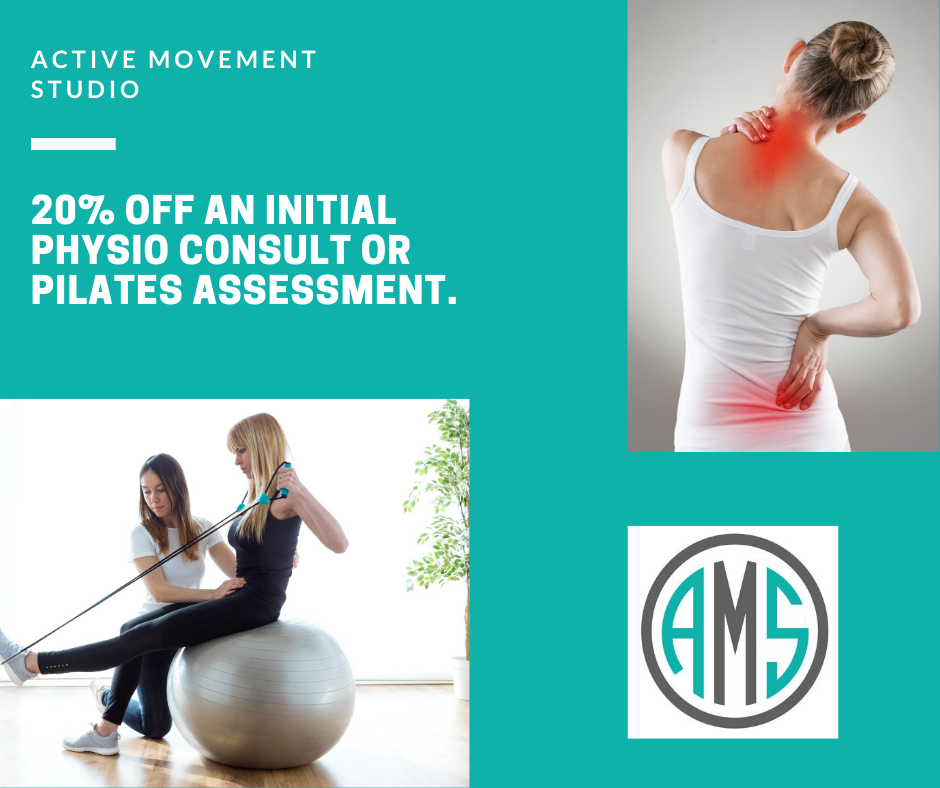
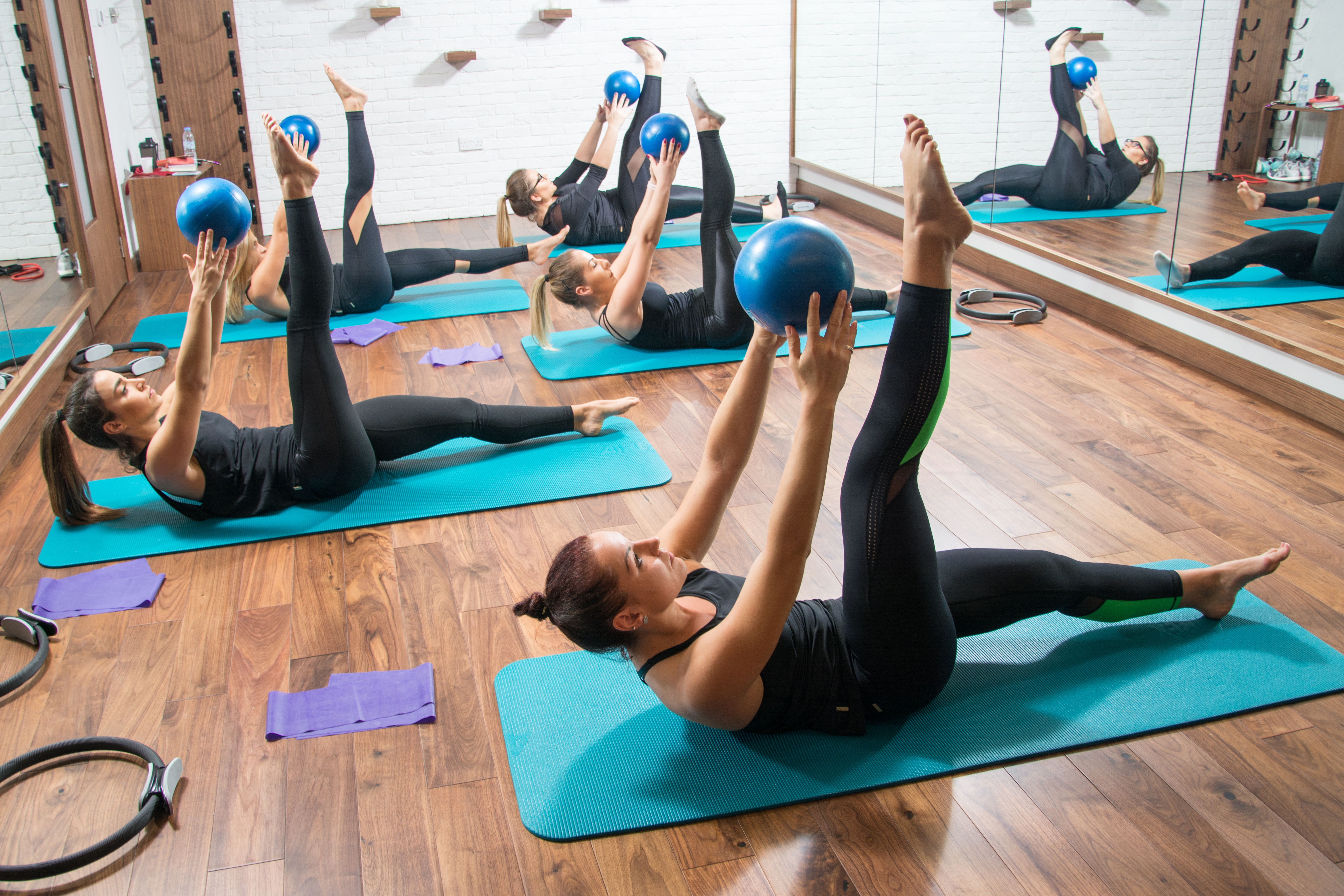
#sponsored










